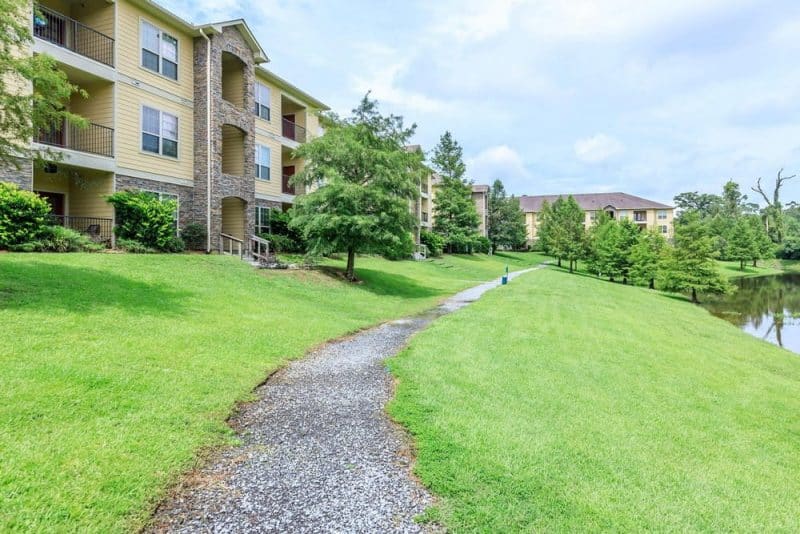
Living in a rental community often comes with additional charges beyond the standard monthly rent. While these fees can sometimes feel frustrating, they can also be opportunities to build stronger relationships with management and create fair solutions for both parties. By approaching the issue as a collaboration, residents can encourage transparency and long-term benefits that improve the living experience. If you want to learn more about our apartments, understanding how to manage extra fees can give you valuable insights into building a positive tenant–management partnership.
Understanding the Nature of Extra Fees
Before engaging in conversation with your apartment complex, it’s essential to identify what types of fees might be included in your lease. These could involve parking, trash removal, pet rent, utilities, or maintenance services. Recognizing the purpose of these fees helps frame discussions constructively. Rather than viewing them as arbitrary costs, residents can see them as part of the overall package of amenities and services that sustain the community.
The Importance of Clear Communication
Collaborating with your apartment management requires open and respectful communication. Many disputes over fees arise not because of the cost itself but due to a lack of clarity. Tenants should feel empowered to ask for itemized explanations and documentation regarding additional charges. In turn, property managers can foster goodwill by proactively sharing breakdowns of how fees are determined. This type of transparency not only prevents conflict but also builds a foundation of trust.
Negotiating Practical Solutions
Collaboration doesn’t mean confrontation; it means finding common ground. When discussing extra fees, tenants can propose alternatives that benefit both sides. For example, if parking fees feel excessive, residents might suggest a tiered system where spaces closer to entrances cost slightly more while distant spaces are discounted. Another option could be creating package bundles for multiple services at a reduced rate. These adjustments give tenants flexibility while ensuring the property continues to fund necessary amenities.
Leveraging Community Feedback
Apartment living means being part of a shared community, and collective voices often carry more influence. Organizing informal resident meetings or surveys can help identify common concerns about fees. When management sees consistent feedback across multiple households, they are more likely to consider adjustments. Collaborative forums also create opportunities for residents to brainstorm innovative solutions that management may not have previously considered. For example, if several tenants propose a recycling initiative that could reduce waste management costs, the complex may introduce the program to cut fees in the long run.
Building Long-Term Trust with Management
It’s important to remember that apartment complexes are businesses, and their sustainability depends on balancing resident satisfaction with financial obligations. Residents who approach fee discussions as partners rather than adversaries are more likely to see lasting results. Demonstrating appreciation for management’s willingness to listen and compromise reinforces a sense of mutual respect. This approach encourages property staff to remain open to future collaborations, ensuring that adjustments made today lead to a healthier community tomorrow.
Exploring Options in Growing Markets
In areas where rental demand is increasing, such as apartments for rent Covington LA, management may be more receptive to implementing fee structures that differentiate them from competitors. Complexes that actively collaborate with tenants on fee transparency can stand out in competitive rental markets. By positioning themselves as responsive and fair, these communities not only retain current residents but also attract new ones who value openness and flexibility.
Accessing Reliable Resources
For tenants and managers alike, it’s helpful to consult trusted resources to ensure fair practices. The U.S. Department of Housing and Urban Development (HUD) provides guidelines on tenant rights and fee disclosures. At the same time, Investopedia offers clear explanations of how property management fees are structured in the broader housing market. Using credible references during discussions lends weight to tenant concerns and encourages evidence-based solutions.
Conclusion
Managing extra fees doesn’t have to be a source of conflict. By focusing on transparency, communication, and community collaboration, both tenants and apartment complexes can design win-win solutions that benefit everyone. When residents approach these discussions constructively, they create lasting improvements that enhance their overall living experience. To learn more about our apartments and explore how collaborative practices can shape a positive rental journey, start by opening conversations that lead to fair, balanced solutions.








